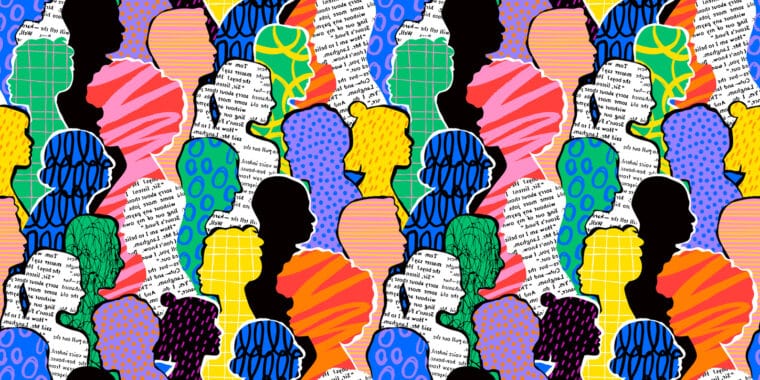
To support the delivery of IAS’s 2023-26 Strategy, which has a focus on inequalities, the team has been working on a language bank resource for how to talk about inequalities in alcohol use and harm. That resource is now ready, and we are pleased to share it with partners who may also find the resource useful: IAS inequalities language bank.
The inequalities language bank covers various aspects of inequality, including socio-economic position and poverty, different aspects of identity (age, disability, marriage/civil partnership, mental health, neurodiversity, pregnancy/maternity, race and ethnicity, religion or belief, sex and gender, and sexual orientation), and language to discuss inequalities relating to alcohol control policies.
The language bank is not exhaustive and is not meant to be rigid. We offer a range of options for preferred language, and we give explanations about the language we suggest to avoid. We also signpost to lots of other resources to deepen understanding of the issues relating to particular topics.
Why did we develop this?
We know that language is important, and the terminology we use can be empowering as well as potentially harmful.
Resources already exist for how to talk about alcohol use and problems, and we felt that a language bank for how to talk about inequalities was a much-needed tool for consistency and best practice, especially as we intensify our work in this area.
What was the process?
An initial list of different aspects of inequalities was scoped, and existing resources were identified by searching online. These were organised into tables and discussed by everybody in the IAS team in a workshop in September 2023.
The document was refined, and then shared with expert academics, civil society stakeholders, and policy officials for feedback (thank you – you know who you are!). After more revisions, a final draft was shared with the IAS team for another chance for feedback, before the language bank was finalised and designed.
What next?
We hope the language bank is useful to people in the alcohol field, people working on other unhealthy commodities, and also public health and prevention researchers generally.
We developed the inequalities language bank to guide our own work. Early feedback has been great so far and we are very open to further feedback – so please get in touch if you discover things that are not working, missing, or otherwise need changing. We expect to update the language bank on a rolling basis.
Written by Dr Sadie Boniface, Head of Research, Institute of Alcohol Studies.
All IAS Blogposts are published with the permission of the author. The views expressed are solely the author’s own and do not necessarily represent the views of the Institute of Alcohol Studies.
